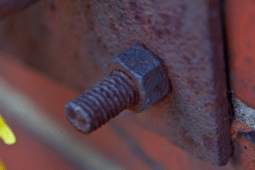How To Choose The Right Screwdriver For Your DIY Project
When it comes to tackling DIY projects, having the right tools is essential for success. Among the most indispensable tools in any toolbox are screwdrivers. However, not all screwdrivers are created equal, and understanding the different types of screwdrivers can make a significant difference in the quality and ease of your work. In this article, we’ll explore various types of screwdrivers, discuss their unique features, and highlight their specific uses, ensuring you’re well-equipped for any project that comes your way.
Understanding the Basic Flathead Screwdriver and Its Applications
The flathead screwdriver, also known as a slotted screwdriver, is one of the oldest and most common type of screwdrivers. It features a flat, straight blade that fits into the single slot of a flathead screw. This type of screwdriver is incredibly versatile and can be used for a wide range of tasks, from assembling furniture to tightening loose screws on household items. Despite its simplicity, the flathead screwdriver remains a staple in any DIY enthusiast’s toolkit.
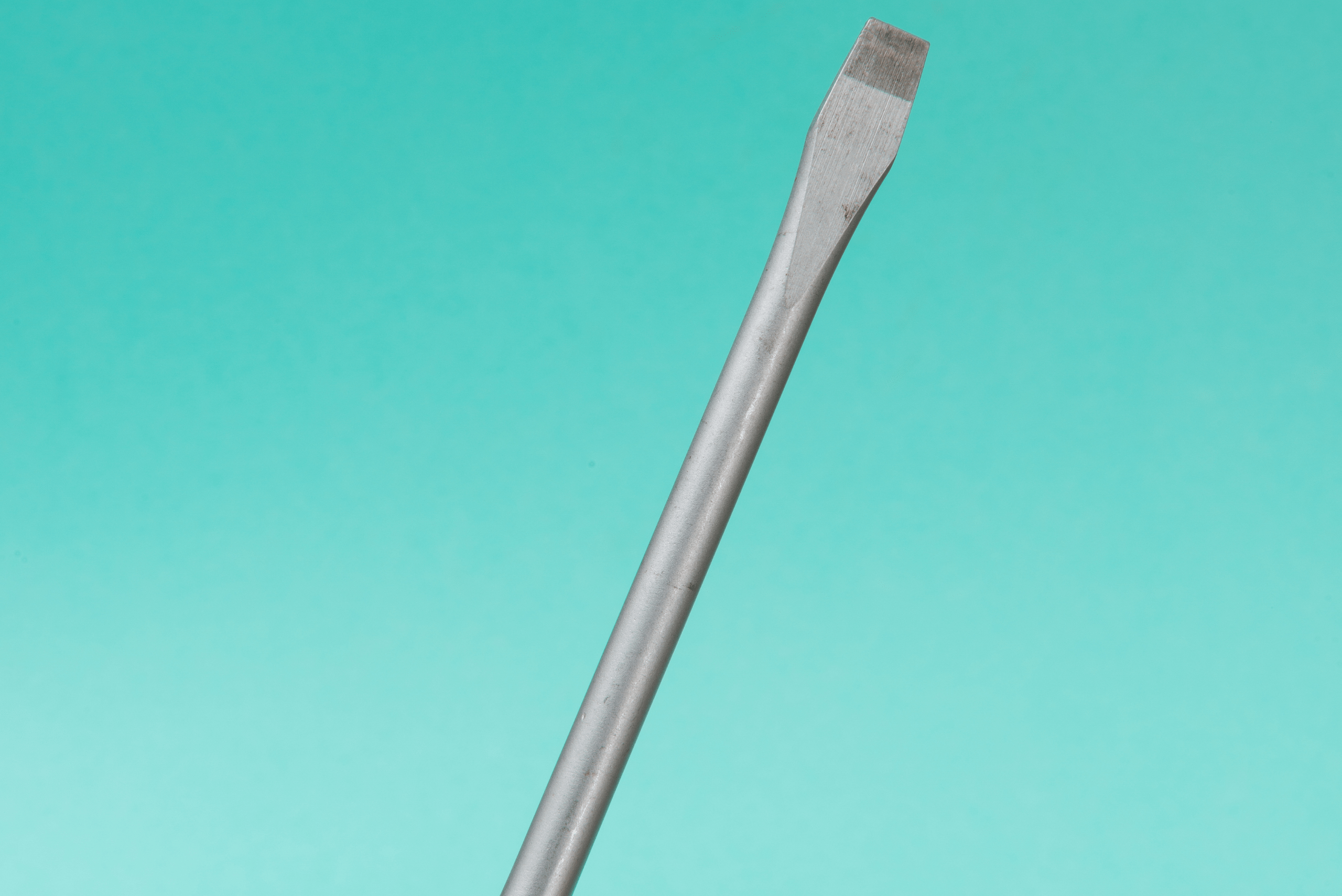
One of the key advantages of the flathead screwdriver is its ability to provide a strong grip on screws, minimizing the risk of slipping and causing damage. However, it’s important to match the size of the screwdriver to the screw to avoid stripping the screw head. Flathead screwdrivers come in various sizes, making it easy to find the perfect fit for your needs.
Exploring the Versatility and Uses of the Phillips Head Screwdriver
The Phillips head screwdriver, characterized by its cross-shaped tip, is another popular tool among DIYers. This design allows for better torque and reduces the likelihood of the screwdriver slipping out of the screw head. The Phillips head screwdriver is commonly used in electronics, appliances, and many other applications where a secure and precise fit is required.

One of the main benefits of the Phillips head screwdriver is its ease of use. The cross-shaped tip allows it to self-center in the screw head, providing a more stable and controlled experience. Additionally, this type of screwdriver can handle more torque than a flathead screwdriver, making it ideal for tasks that require extra force. With various sizes available, you can easily find a Phillips head screwdriver that suits your project’s specific requirements.
Discovering the Unique Features of the Torx Screwdriver
The Torx screwdriver, identifiable by its star-shaped tip, is designed to fit Torx screws, which are commonly found in automotive and electronic applications. The star-shaped design provides a more secure fit and allows for greater torque transfer, reducing the risk of cam-out (slipping out of the screw head). This makes the Torx screwdriver an excellent choice for tasks that require precision and strength.
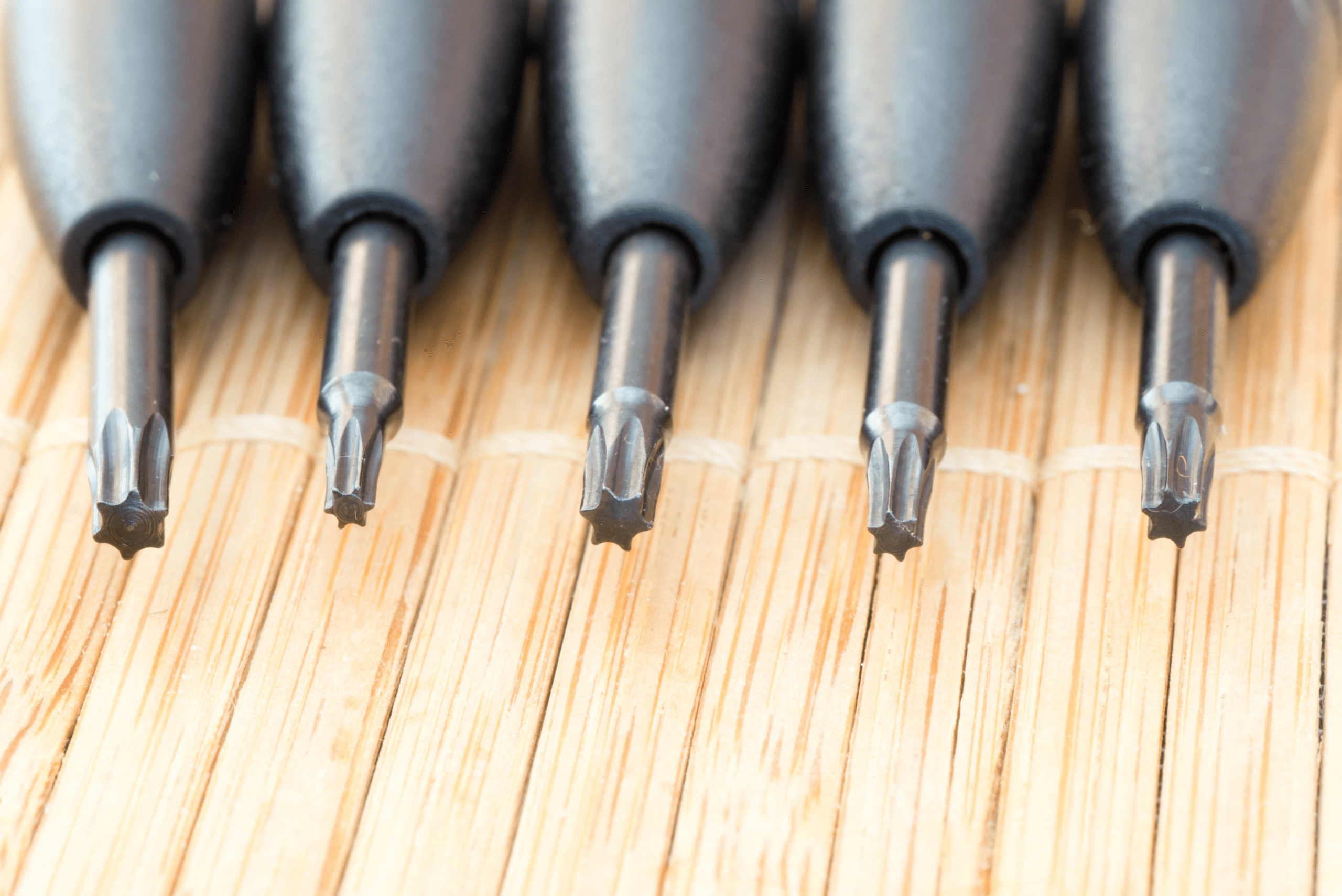
Torx screwdrivers come in a range of sizes, each designated by a “T” number (e.g., T10, T15). It’s important to use the correct size to avoid damaging the screw or the tool. The increased surface area of the Torx design also helps to distribute force more evenly, which can prolong the life of both the screw and the screwdriver. Whether you’re working on a car engine or assembling electronics, a Torx screwdriver is a valuable addition to your toolkit.
Exploring the Benefits and Uses of the Hex Screwdriver
Hex screwdrivers, also known as Allen wrenches or hex keys, are characterized by their hexagonal-shaped tips. These tools are commonly used for assembling furniture, bicycles, and other items that require a secure and tight fit. The hex design provides a greater contact area between the screwdriver and the screw, reducing the risk of stripping and allowing for higher torque application.
One of the standout features of hex screwdrivers is their ability to reach screws in tight or awkward spaces. This makes them particularly useful for projects where space is limited. Hex screwdrivers are available in T-handle designs, offering versatility and ease of use. Whether you’re putting together a new piece of furniture or working on a bike, a hex screwdriver is an essential tool to have on hand.
Understanding the Role of the Robertson Screwdriver in DIY Projects
The Robertson screwdriver, also known as a square drive screwdriver, features a square-shaped tip that fits into the square recess of Robertson screws. This design is particularly popular in Canada and is known for its ability to provide a secure fit and reduce the risk of slipping. The square shape allows for better torque transfer and minimizes the chances of stripping the screw head.
Robertson screwdrivers are often used in woodworking and construction applications. The secure fit provided by the square drive design makes them ideal for tasks that require precision and strength. Additionally, the Robertson screwdriver’s unique shape allows for one-handed operation, making it a convenient tool for any DIY enthusiast. With various sizes available, you can easily find a Robertson screwdriver that suits your project’s needs.
Exploring the Importance of Precision Screwdrivers for Fine Work
Precision screwdrivers, also known as jeweler’s screwdrivers, are designed for tasks that require a high level of accuracy and control. These screwdrivers feature small, delicate tips that are perfect for working on electronics, watches, eyeglasses, and other fine items. Precision screwdrivers are typically available in both flathead and Phillips head varieties, allowing you to choose the right tool for your specific needs.
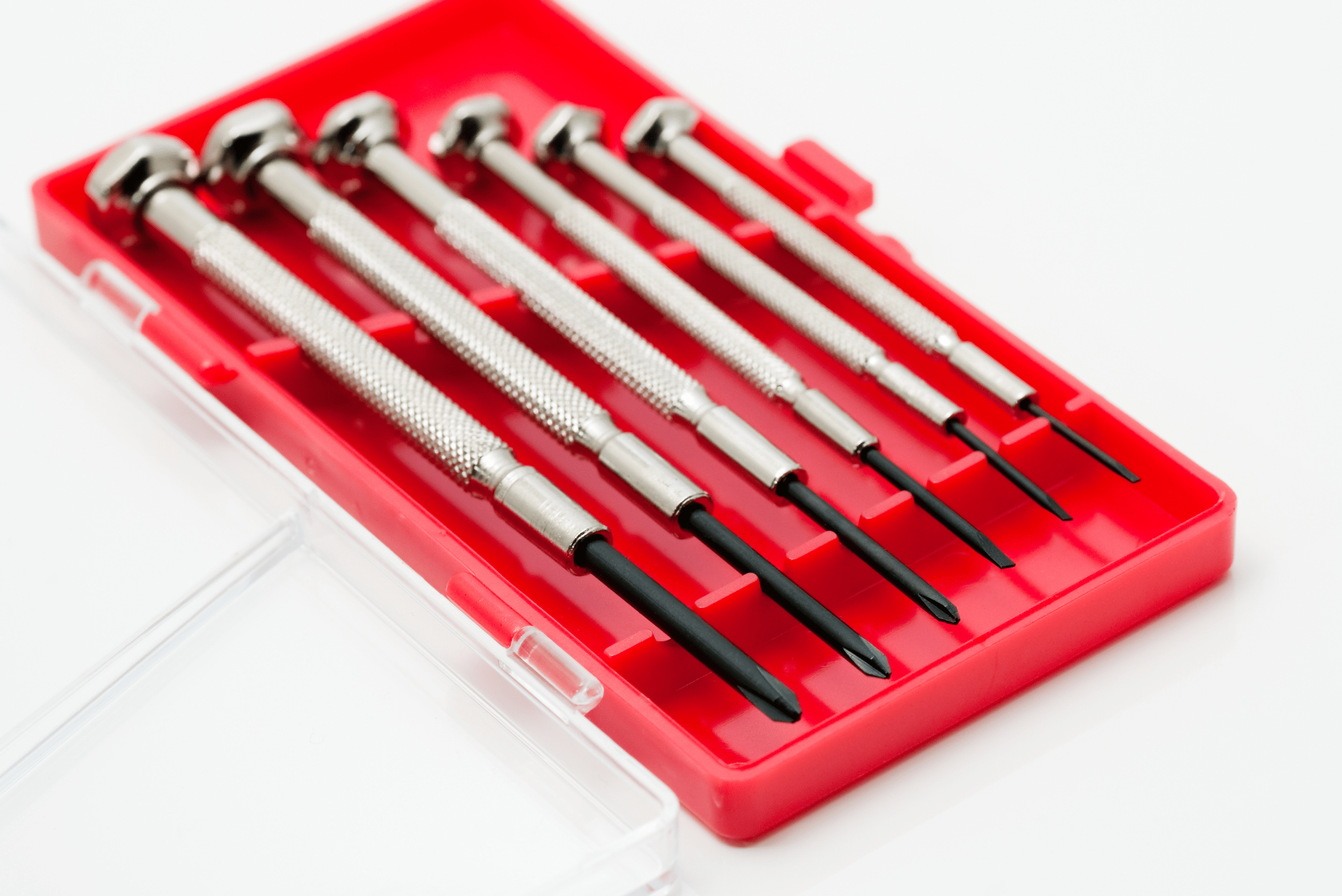
One of the main advantages of precision screwdrivers is their ability to fit into small, tight spaces without causing damage. The ergonomic design of these tools also ensures a comfortable grip, reducing hand fatigue during extended use. Whether you’re repairing a smartphone or adjusting the screws on a pair of glasses, precision screwdrivers are an invaluable addition to your toolkit.
Exploring Specialty Screwdrivers for Unique DIY Applications
In addition to the common types of screwdrivers, there are several specialty screwdrivers designed for specific applications. For example, the Pozidriv screwdriver features a cross-shaped tip similar to the Phillips head but with additional grooves for increased grip and reduced cam-out. This makes it ideal for tasks that require a secure and stable fit.
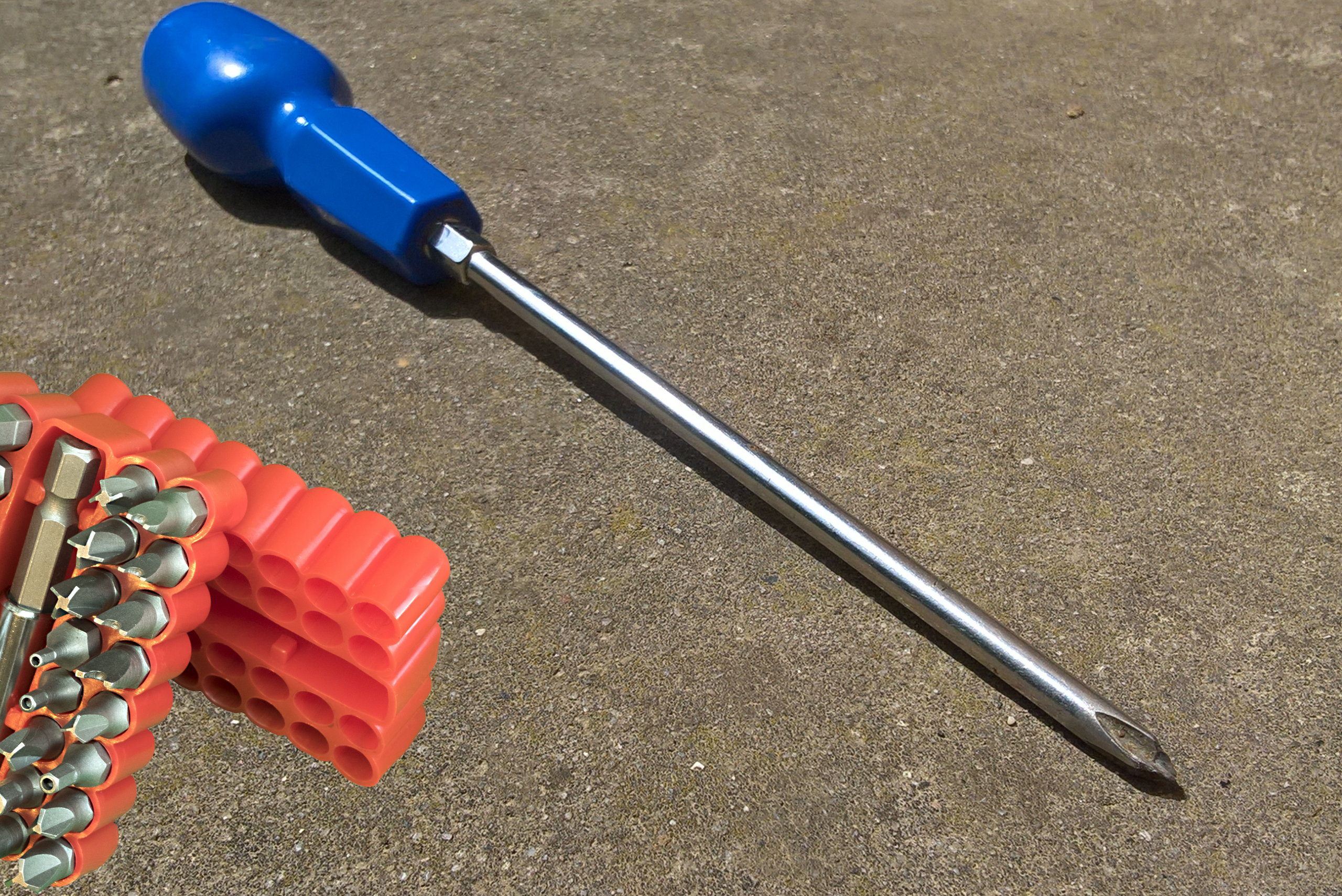
Another specialty screwdriver is the tri-wing screwdriver, which is often used in the aerospace and electronics industries. The three-winged design provides a unique fit that is difficult to tamper with, making it ideal for security purposes. Specialty screwdrivers like these are essential for DIY enthusiasts who work on a variety of projects and need tools that cater to specific requirements.
Choosing the Right Screwdriver Set to Meet Your DIY Needs
With so many different types of screwdrivers available, choosing the right set can seem overwhelming. However, by understanding the unique features and uses of each type, you can make an informed decision that best suits your DIY needs. Look for a screwdriver set that includes a variety of sizes and types, ensuring you have the right tool for any task.
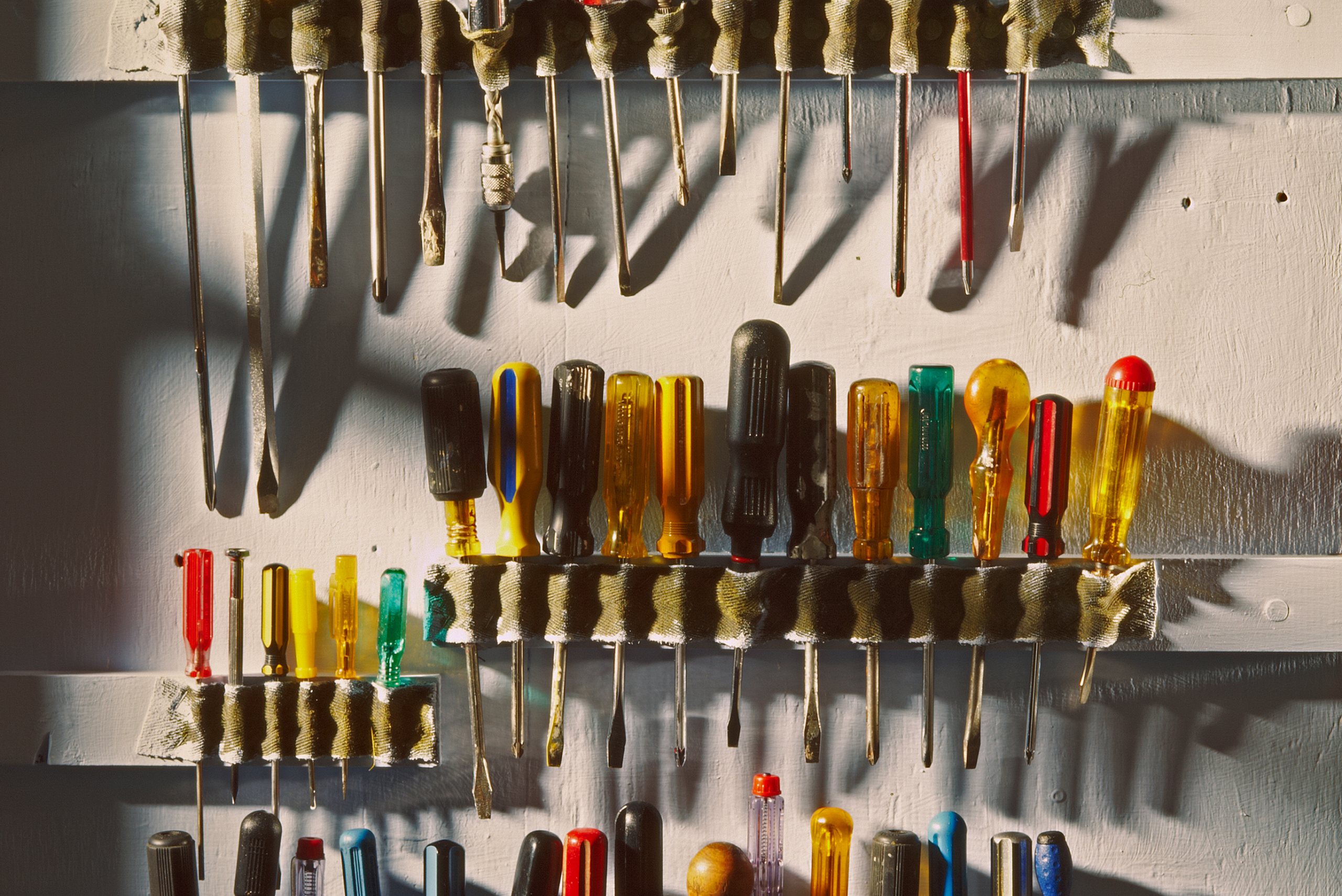
Additionally, consider the quality and durability of the screwdrivers. Investing in high-quality tools can save you time and frustration in the long run. Whether you’re a seasoned DIY enthusiast or just starting out, having a comprehensive screwdriver set in your toolkit is essential for tackling a wide range of projects with confidence and ease.
Related Articles
- Tips and Tricks For Removing a Stripped Allen Screw Easily
- Top 10 Must-Have Screws for Every Project
- Tips and Tricks For How to Use a Screw Extractor
Understanding the different types of screwdrivers and their specific uses is crucial for any DIY enthusiast. From the basic flathead and Phillips head screwdrivers to the more specialized Torx, hex, and Robertson screwdrivers, each type offers unique features that cater to various applications. By choosing the right screwdrivers for your projects, you can ensure better results, increased efficiency, and a more enjoyable DIY experience. So, equip yourself with a comprehensive set of screwdrivers and get ready to tackle your next project with confidence.
Ready to start your next project? Join our DIY community to receive tool tips, how-to guides, and exclusive creative insights. Subscribe to the ManMadeDIY newsletter now!

